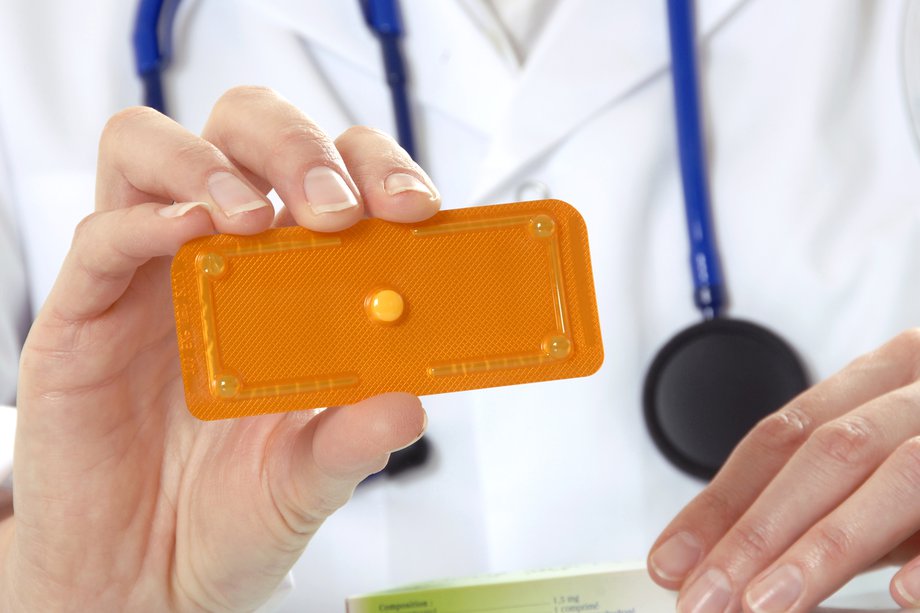

A new report has recommended making the morning-after pill available off the shelf.
Women need easier access to contraception, abortion, and fertility services according to a report by the Royal College of Obstetricians and Gynaecologists.
The Better for Women report, which was released last week, has recommended that women need better reproductive and sexual healthcare services.
The report, based on a survey of over 3,000 women in the UK, showed that there was “a lack of accessibility for healthcare services including contraception, abortion care and menopause support”.
Statistics in the report showcased that 37 per cent of women are unable to access contraception services and 60 percent of women cannot access unplanned pregnancy services.
A focal point of the RCOG report is the easing of access to emergency contraception for women, including the removal of the need for a consultation with a pharmacist.
Rose Stokes; a freelance journalist who writes about women’s health and recently appeared on the BBC Radio 4 Woman’s hour to talk about emergency contraception, told Raven News that “reducing barriers to access to the morning-after pill for women and girls is one of many ways we can help them to avoid unplanned and unwanted pregnancies.”
Stokes added that an ease of access to emergency contraception would be an “important step in helping them to better look after themselves and their bodies” and that “prohibitive pricing and a mandatory consultation puts women off accessing the pill.”
There are two kinds of emergency contraceptive pill available in the UK. Levonelle, which has to be taken within 72 hours of sex and ellaOne, which has to be taken within 120 hours of sex.
The morning-after pill works by preventing or delaying ovulation. Levonelle is priced at £25 and under-16’s require a prescription whereas ellaOne costs £35 and does not require a prescription regardless of age.
However, Ellie Softley who is the founder of SHAG, an independent movement that focuses on opening conversations regarding sex, gender and health, did not agree that the morning-after pill should be sold off the shelf. 
“I think it’s right the procedure that [medical professionals] go through to make sure that the girls that are taking it, they don’t have health problems that may affect their reaction to the morning-after pill,” Ms. Softley said. “You also have to look at it in a safeguarding view. If a young girl is going to get emergency contraception and she’s acting suspiciously, trained professionals can look out for those signs and are more likely to handle a situation.”
Ms. Softley does believe, however, that the morning-after pill “should be free on the NHS and should apply to all pharmacies, as the price is something of a barrier of entry, especially for younger women and students”.
The report by the RCOG has also called for:
-One-stop women’s health clinics to provide reproductive and sexual healthcare services such as contraception, STI testing, cervical screening and treatment and advice about menopause
-NHS led women’s health strategies
-The improvement of information available on the NHS website.
-An increase in education from an early age regarding women’s health.
Statistics released in 2019 by NHS digital show a general decrease over a nine year period in the number of emergency contraception items provided by sexual health services and pharmacists in England.
In 2010/11, 393,000 were provided whereas in 2018/19, 221,000 emergency contraception items were provided. This decrease has occurred despite an increase of 400,000 women (1.2 million to 1.63 million) in contact with sexual and reproductive health services in the past 14 years.
The full “Better for Women” report by the RCOG can be found here.


